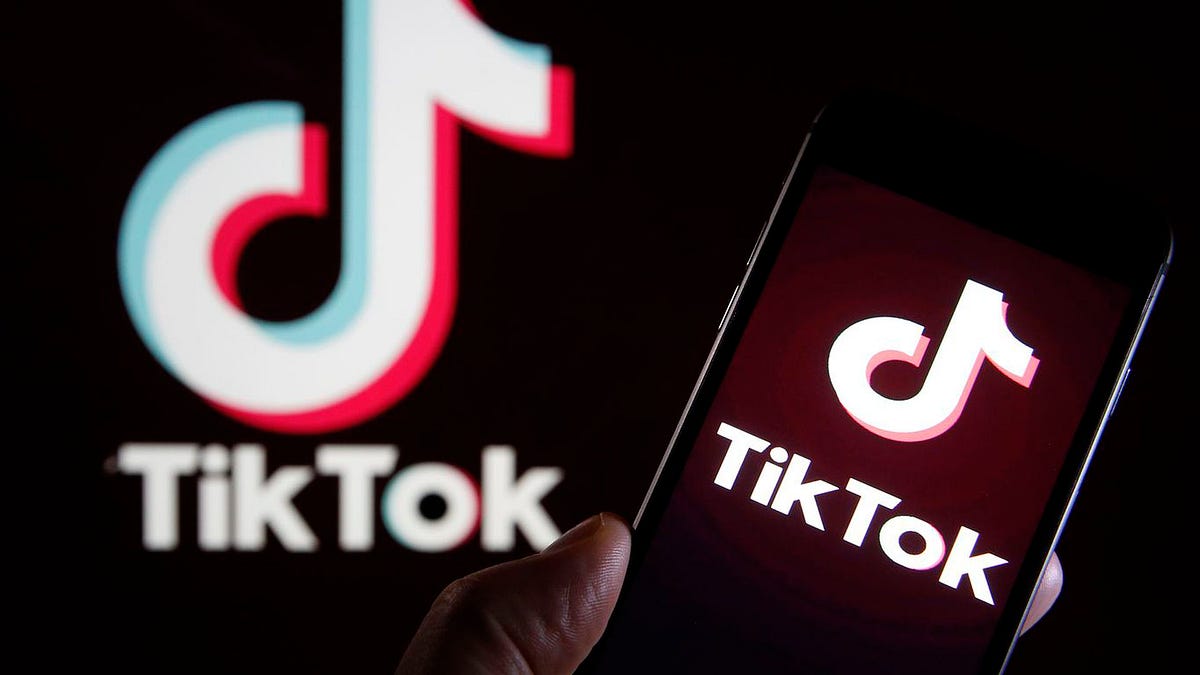
Tony Abi Saab found that this article might interest all the TikTok users, check it below:
What’s new: TikTok’s updated community standards are three times the lengthof the old guidelines. The platform has defined 10 issues that its content policies address, including:
- Dangerous individuals and organizations
- Illegal activities and regulated goods
- Violent and graphic content
- Suicide, self-harm and dangerous acts
- Hate speech
- Harassment and bullying
- Adult nudity and sexual activities
- Minor safety
- Integrity and authenticity
- Threats to platform security
Be smart: While TikTok’s old guidelines addressed many of these areas, the new rules go into much greater detail.
- For example, the company published a lengthy list of who it considers to be dangerous individuals and organizations that can’t use its app, including groups affiliated with hate, extortion, organ trafficking, cybercrime and extremism. And in doing so, it defined what it considers to be a terrorist organization.
- It also greatly expanded its policies around minor safety, an issue that TikTok has had to grapple with in the U.S., especially in terms of children’s data privacy. The new policies say explicitly that users must meet minimum age requirements to use TikTok.
- The new rules don’t ban misinformation outright. But they do explicitly say that misinformation that’s created to cause harm to users or the larger public is prohibited, including misinformation about elections or other civic processes.
The big picture: TikTok’s unprecedented rise has rattled U.S. lawmakers, who fear that the Chinese-owned app’s ambiguous standards around content, as well as data privacy, could pose security risks to the U.S.
Our thought bubble: One lesson TikTok could learn from its social media rivals is that the stronger a policy is, the harder it can be to enforce. It’s one thing for TikTok to create a policy requiring the removal of accounts of children younger than 13, but another thing entirely to make the ban stick against one of its most popular user age groups.
Go deeper:
Originally published at https://www.axios.com on January 8, 2020.